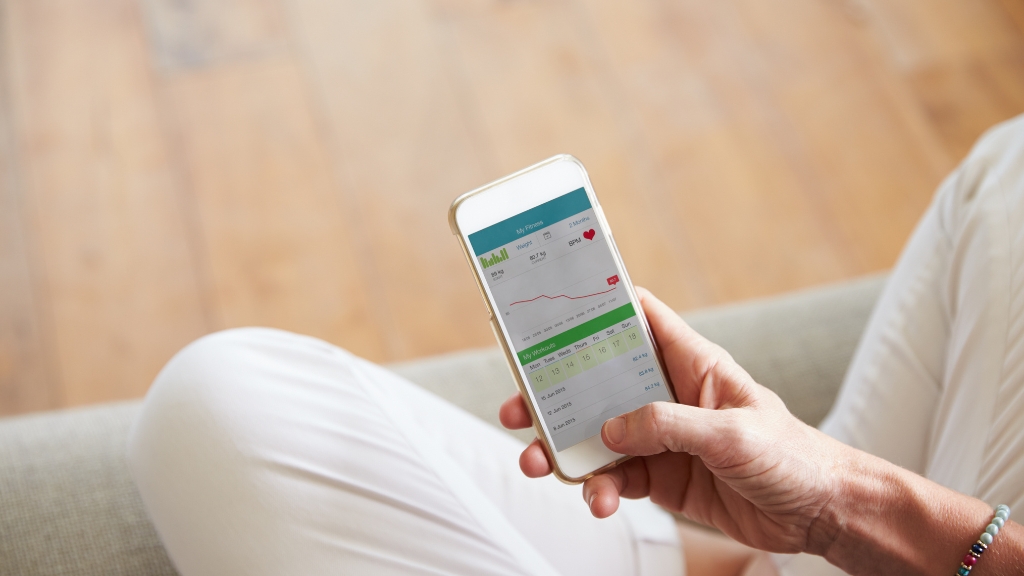
Virtual Health Assistants: The Role of AI-Powered Healthcare Apps
The healthcare industry has been undergoing a digital transformation, and AI-powered virtual health assistants are at the forefront of this change. These apps are revolutionizing patient care by offering personalized, real-time support for managing health and wellness. Leveraging artificial intelligence, these virtual assistants act as on-demand, digital healthcare companions that can provide guidance, monitor health data, and even diagnose common ailments.
How AI-Powered Healthcare Apps Work
AI-powered healthcare apps interact with users using machine learning algorithms and natural language processing (NLP). These virtual assistants can analyze user inputs, such as symptoms, medical history, and lifestyle factors, to offer tailored advice, reminders, and alerts. They can also track users’ daily health metrics like heart rate, activity levels, and medication adherence and even provide insights into chronic disease management.
- Personalized Health Management: AI virtual health assistants analyze data gathered from users (e.g., symptom logs, activity levels, heart rate) to offer customized health tips. This includes reminders to take medications, suggesting lifestyle modifications, and providing motivational support to improve overall health.
- Symptom Tracking and Diagnosis: Many virtual health assistants now include AI tools to assess user symptoms based on input and suggest possible diagnoses. By examining user response patterns, AI can flag serious health concerns and prompt them to seek professional medical advice.
- Medication Reminders: One of the most essential features of these AI-powered apps is helping patients stay on track with their medication. Virtual health assistants can send timely reminders to ensure that prescribed medications are taken as per the schedule, reducing the chances of missed doses, especially for people managing chronic conditions like diabetes, hypertension, or asthma.
- Chronic Condition Management: AI virtual assistants can be crucial in managing chronic diseases. These apps can track real-time health data, assess changes in vital signs, and suggest adjustments to medication or lifestyle based on predictive algorithms. This continuous monitoring helps in preventing complications and improving long-term outcomes.
- 24/7 Support and Access: Virtual health assistants are always available, providing users with round-the-clock support. This is especially useful for people in remote areas or those who have difficulty accessing healthcare professionals. Users can receive answers to health-related queries instantly through Text or voice interaction.
Benefits of AI-Powered Virtual Health Assistants
- Enhanced Accessibility: Virtual assistants bridge the gap in access to healthcare, particularly in underserved or remote areas where medical professionals may not be readily available.
- Cost-Effective: By reducing the need for in-person consultations, AI-powered healthcare apps can lower healthcare costs and make essential health services more affordable.
- Improved Health Outcomes: By tracking daily health metrics, sending reminders, and providing real-time advice, these apps help individuals manage their conditions more effectively, improving overall health outcomes.
- Data Integration: AI apps can integrate data from various sources, including wearable devices, electronic health records, and health apps, offering a comprehensive picture of a user’s health, leading to better-informed decisions by healthcare providers.
Challenges and Considerations
While the benefits are clear, there are still some challenges in the widespread adoption of AI-powered virtual health assistants:
- Data Privacy: The collection and storage of sensitive health data raise privacy concerns. Healthcare apps must comply with regulations like HIPAA (Health Insurance Portability and Accountability Act) to protect user data.
- Accuracy of AI Models: AI algorithms depend heavily on the data quality used to train them. Incorrect or biased data could lead to inaccurate health recommendations, so healthcare providers must ensure the technology is well-trained and regularly updated.
- Integration with Healthcare Systems: AI-powered virtual assistants must seamlessly integrate with existing healthcare infrastructure to ensure they can provide the best possible service. This includes linking apps with electronic health records and other critical systems.
Conclusion
AI-powered virtual health assistants represent a transformative advancement in healthcare, making it more accessible, efficient, and personalized. These applications empower individuals to take charge of their health, from diagnosis to treatment, while improving communication with healthcare providers. As technology continues to evolve, the role of virtual health assistants will become increasingly crucial in shaping the future of healthcare.
Leave a Reply
- AI in Diagnostics: Revolutionizing Early Detection and Accuracy
- How AI and Advanced Analytics Are Transforming Healthcare Outcomes
- Investing with Confidence: The Role of ROI Calculators
- How ROI Calculators Drive Data-Driven Business Strategies
- The Ultimate Guide to ROI Calculators for Business Success
- Making Sense of ROI Calculators: A Comprehensive Guide
- June 2025 (1)
- May 2025 (1)
- October 2024 (2)
- September 2024 (31)
- August 2024 (31)
- July 2024 (27)
- June 2024 (28)
- May 2024 (30)
- April 2024 (33)
- March 2024 (23)
- February 2024 (29)
- January 2024 (3)
- December 2023 (47)
- November 2023 (36)
- October 2023 (23)
- September 2023 (2)
- June 2023 (2)
- May 2023 (13)
- April 2023 (1)




